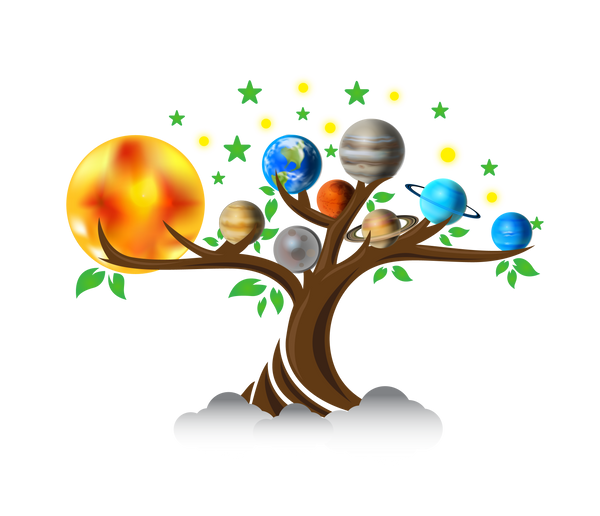"The Selfish Gene" by Richard Dawkins
Share with Friends

"The Selfish Gene" by Richard Dawkins is a classic nonfiction book that presents a revolutionary new way of understanding evolution and natural selection. The following is an in-depth summary of some of the most important lessons from the book:
-
"The Gene-Centered View of Evolution": The book introduces the idea that genes, rather than individuals or species, are the primary unit of selection in evolution. Dawkins argues that genes are the entities that are passed on from generation to generation and that natural selection acts on them.
-
"The Theory of the Selfish Gene": Dawkins proposes the theory that genes are "selfish" in the sense that they are driven by the goal of replicating themselves as much as possible. He argues that this is the driving force behind the evolution of behavior and that individuals and species are just "survival machines" for genes.
-
"The Evolution of Cooperation": The book challenges the idea that evolution is a competition between individuals and species and instead shows how cooperation can evolve through the process of natural selection. Dawkins introduces the concept of "kin selection" and "reciprocal altruism" to explain how animals can act in the interest of others that share their genes.
-
"The Role of Culture in Evolution": The book explores how cultural evolution can affect genetic evolution. Dawkins argues that culture can act as a "meme," a unit of cultural transmission that can spread and evolve through society. He also shows how culture can influence the evolution of behavior, such as through the development of language.
-
"The Implications of the Selfish Gene Theory": The book concludes by discussing the implications of the selfish gene theory for understanding human behavior and society. Dawkins argues that the theory can help us understand why we have certain behaviors and beliefs and how they have evolved. He also stresses that the theory does not imply that we are predetermined to be selfish or that our actions are without moral value.
Overall, "The Selfish Gene" provides a thought-provoking and groundbreaking perspective on the understanding of evolution and natural selection. The book challenges traditional views and provides a new way of thinking about the natural world and our place within it.


























































